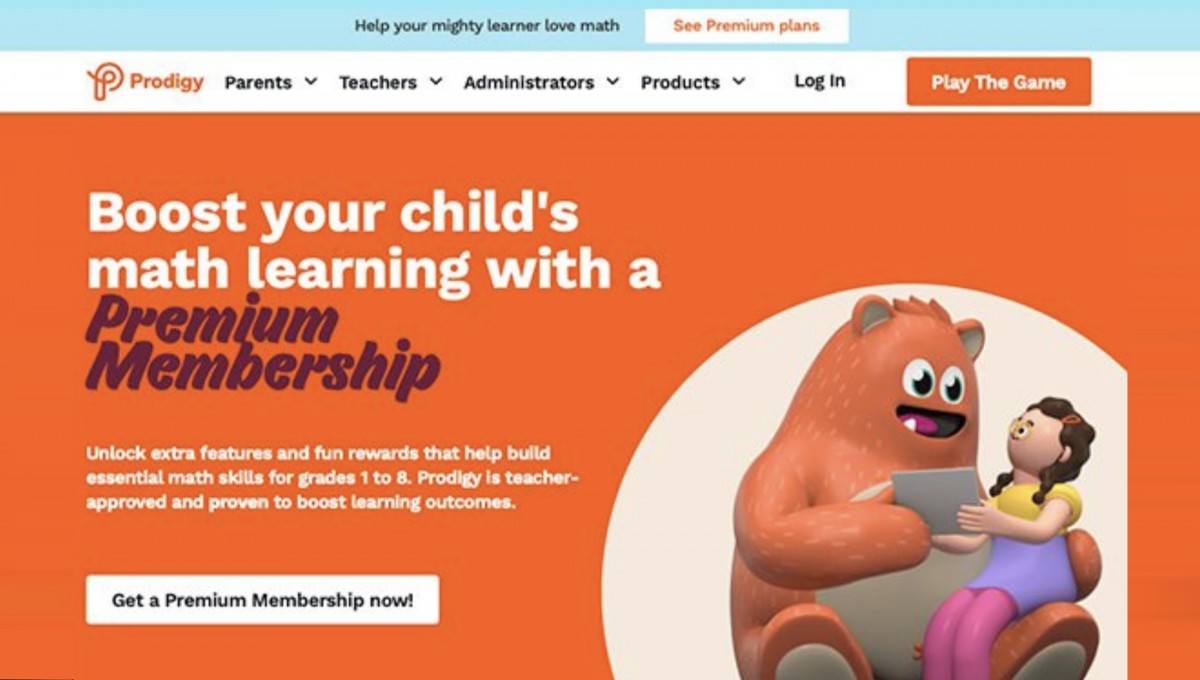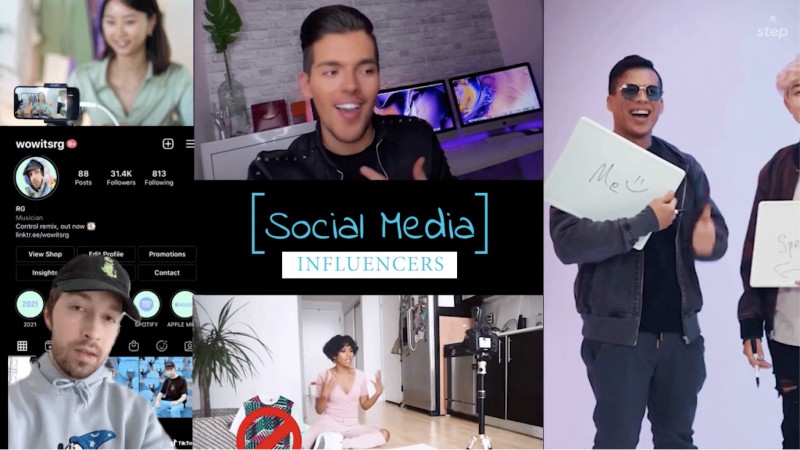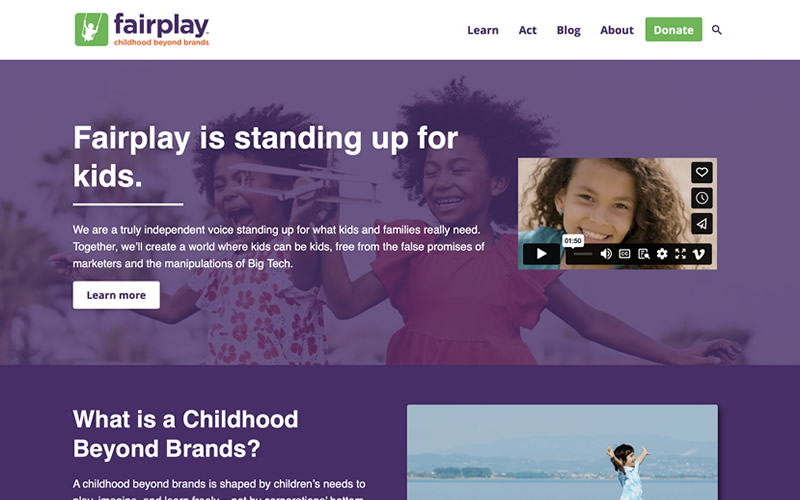We're developing a national hub to address the issue.
For years, FoolProof has covered the manipulation of children when it comes to anything impacting a young person's money or well-being.
Until now our focus has primarily been on the financial implications of manipulation. But the manipulation kids face today goes far beyond financial manipulation. It poses a significant threat to the mental and physical safety of children.
That's why FoolProof is expanding our work to address a child's mental and physical safety online
A kid speaks about online manipulation.

Relentless, invisible targeting by social media:
What every child faces online.
Here's the goal of the commercial social media business: Get kids online as soon as possible, keep them online as long as possible, gather as much information on them as possible, and then monetize those children as much as possible.
The result?
Social media platforms serve as the engine for driving addictive behavior, bullying, commercial surveillance, and emotional exploitation.
The platforms threaten the mental and physical safety of kids of all ages.
What kids face online:
Children start looking at screens at four months of age.
Increased screen time by itself can contribute to obesity, sleep problems, depression, and anxiety, and the loss of critical thinking skills.
Even features you personally may use online, often without thinking, can have a big effect on young people:
The impact of "share" buttons, "likes" and "comment" opportunities trigger chemical reactions in a young person's mind similar to gambling or using drugs.
FoolProof intends to become a national hub to help mitigate the damage of online manipulation.
Why is a national hub needed?
Childhood learning experts and consumers groups are constantly working on resources to counter online manipulation.
But few of these resources have been converted into teachable moments or scaled for a national audience.
FoolProof will help focus national attention on the work of those experts and consumer groups.
We will also develop new teaching moments with the help of those experts and consumer groups.

High priority: Developing curative resources for middle school teachers and kids.
There's urgency in our decision to start by developing resources for middle schools, as these students are at a developmentally vulnerable stage and are primary targets for manipulation.
Middle schools themselves, at this very moment are cash-strapped. They are looking for free online educational materials to help overworked teachers address traditional subjects — like math.

Foxes in the henhouse:
Some of the online resources schools choose are developed by the same businesses that are manipulating kids online — take the gaming industry.

Under the guise of teaching math, about 90,000 middle schools rely on a "free" game called Prodigy to teach math to middle schoolers. But according to experts, Prodigy doesn't teach math.
Prodigy uses its classroom access to encourage children to play their game at home, where they are constantly shamed into paying to play. And it can be damaging to children's mental health.
A chilling reality: More than 24 million primary and middle school students — representing half of all elementary and middle school students in North America — have signed up for Prodigy.




















